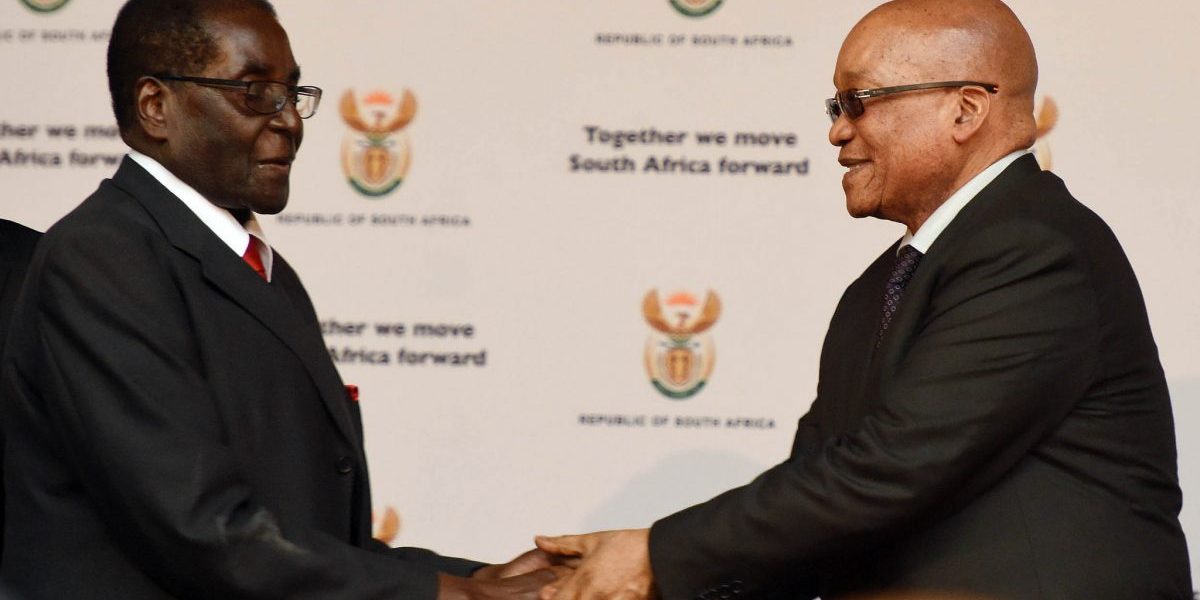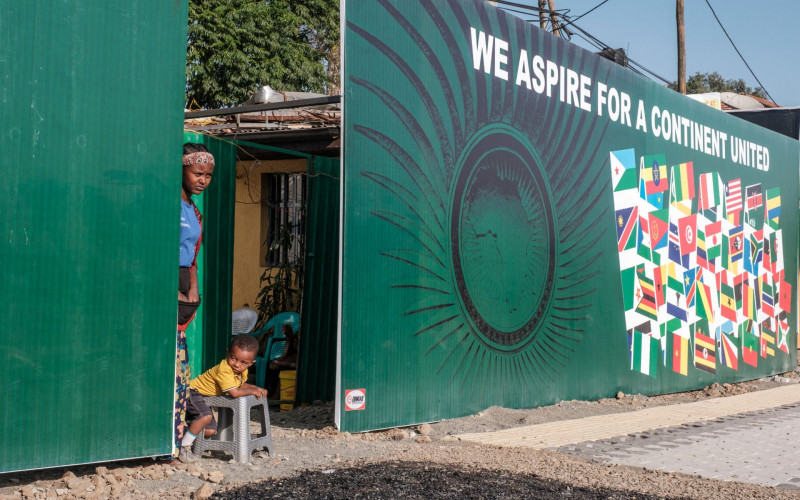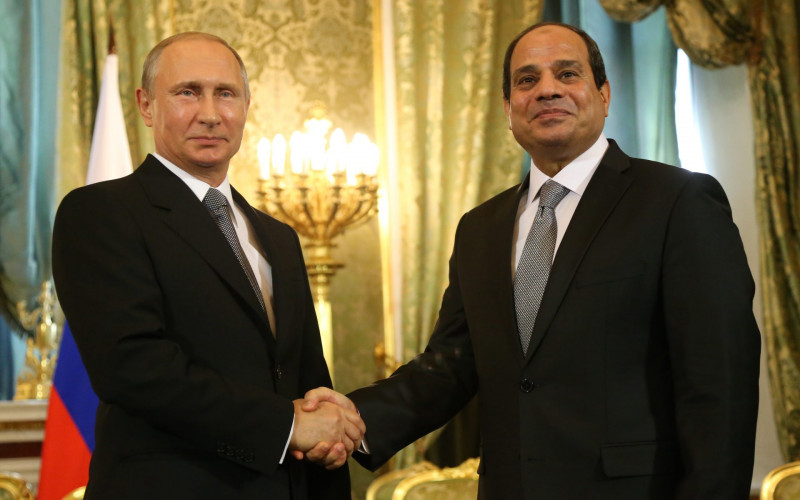The High Level Forum, held in Busan, aimed to bring emerging powers into the fold of aid effectiveness. Their incorporation was only partially achieved; yet the Forum’s outcomes signalled the start of a more inclusive dialogue around issues of development not only between traditional donors and recipients but also the private sector, civil society and new development actors. Busan’s most significant outcome was the agreement to establish a new, inclusive and representative Global Partnership for Effective Development Cooperation and the phasing out of the Working Party on Aid Effectiveness. While this development is promising, Africa in particular must use this opportunity to make a significant contribution to the crafting of new codes and principles around development co-operation that can act as building blocks for a new, inclusive, international development architecture that also incorporates South–South co-operation (SSC).This policy briefing focuses on SSC and makes a number of recommendations to African countries.







